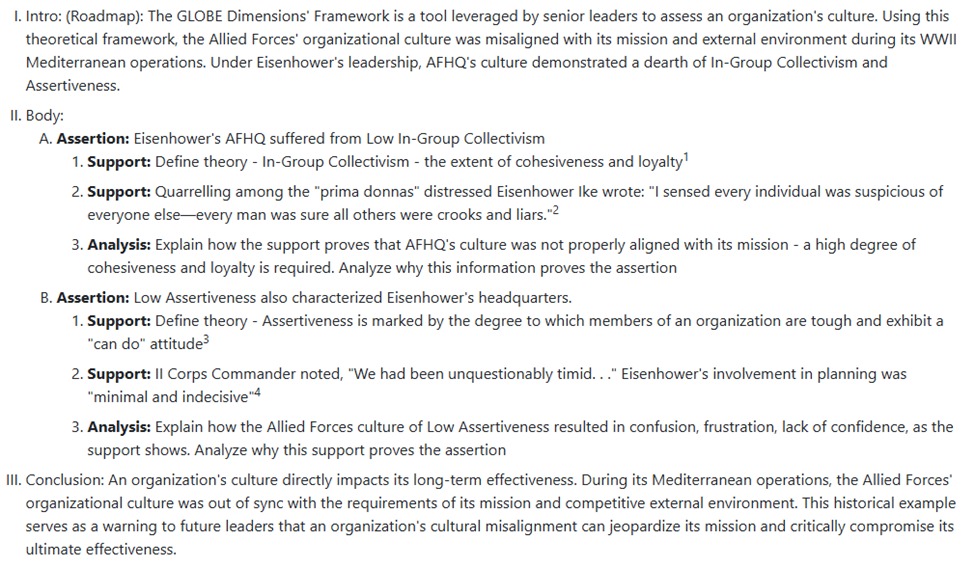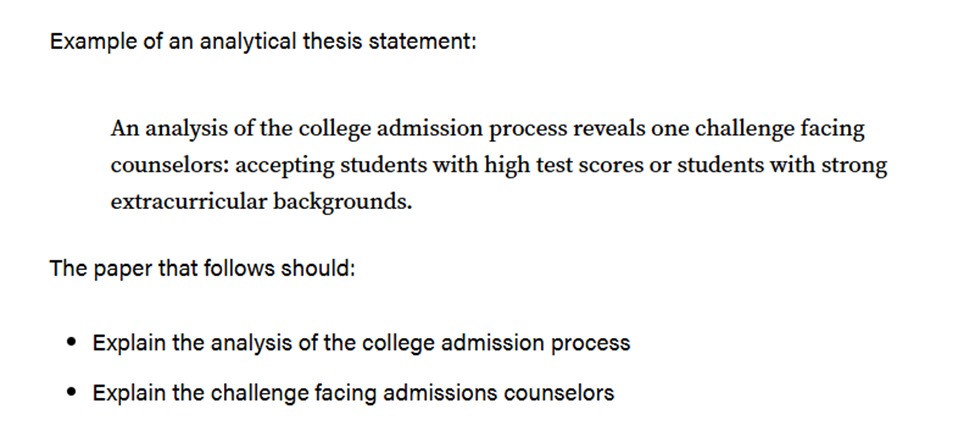Essay writing can be hard because it requires a significant investment of time, creativity, and analytical skills. Successfully crafting an essay demands critical thinking, organisation, and the ability to articulate complex ideas persuasively.
ERIC-Department of Education reported that according to the U.S. National Assessment of Educational Progress (NAEP), up to 75% of children cannot write at a basic level.
Students often struggle to understand the essay prompt and conduct thorough research to craft a coherent paper, which can lead to stress and frustration. To address these challenges, we shall explore seven effective strategies with examples that can make students’ essay writing journey manageable and enjoyable while boosting confidence.
Let’s dive in and discover these valuable tips.
How to Overcome Essay Writing Challenges? 7 Best Tips
Essay writing can often feel intimidating, with challenges ranging from writer’s block to difficulties in organising ideas. Many students seek support from essay pros for high-quality assistance, which can streamline the writing process and alleviate stress. To overcome writing obstacles, it’s essential to combine learning with effective strategies that enhance coherence and clarity in your paper.
By applying the right techniques, you can transform each hurdle into an opportunity for growth. The following strategies are designed to help students overcome common essay writing challenges while simultaneously improving their writing skills.
1. Break Down the Prompt and Define the Task
Composing an essay can be challenging when the prompt is complex, or expectations are unclear. However, essay prompts can be categorised into manageable tasks and descriptions, ensuring a well-structured and effective essay.
Here is how you will begin essay writing:
- Read the prompt very carefully.
- Establish the task.
- Break down the prompt into smaller manageable sections.
- Define important words and ideas.
- Research and gather data.
- Create a thesis statement.
- Start with a clear, simple introductory paragraph.
These are some suggestions that can help overcome the troubles with hard essay writing and, therefore, produce coherent essay work of high effect.
2. Plan with a Purpose: Create a Clear Outline
To overcome essay writing obstacles, it is recommended to create a comprehensive plan before starting the writing process. Essays are hard to compose because they require students to juggle multiple aspects simultaneously: critical thinking, research, planning, and argumentation. So, an outline allows students to identify important points and connections between paragraphs.
Additionally, a well-thought-out outline for planning also saves time and helps you feel less stressed. Ultimately, a well-defined plan enhances students’ writing skills, enables them to concentrate on their work, and transforms seemingly impossible tasks into achievable and enjoyable tasks.
Army War College provide an example of a short essay outline;

3. Master Time Management with Mini-Deadlines
The only way to transcend the problems of essay writing is through effective time management. Essays are hard as they require several steps involved in them, such as research, drafting, revising, and editing.
All these procedures of essay writing together make it too difficult to manage in one go. Therefore, by breaking down the process into smaller tasks and setting mini-deadlines, students can better manage their work without the stress of last-minute deadlines.
How to Use Mini-Deadlines?
- Create reachable milestones.
- Prepare writing sessions well ahead.
- Plan time for some revising.
4. Leverage High-Quality Sources to Strengthen Your Argument
Essay writing deals with well-articulated and persuasive arguments using credible sources. When writing papers, students should include in-text citations so that readers can make a direct connection to the topic under consideration.
Students often struggle to substantiate their arguments in weak or unpersuasive essays. If you use reliable sources that have been properly investigated, your essays will be credible, coherent, and evidence-based.
Furthermore, use peer-reviewed journal articles, scholarly publications, or credible websites to enhance your ideas and credibility in persuasive essays and research papers.
Incorporate Sources in Your Essay Effectively
- Sources should support your arguments rather than counter them.
- Paraphrase, quote, and summarise it well.
- All sources you use need proper citations.
5. Craft a Precise and Persuasive Thesis Statement
A good essay begins with a great thesis statement, although developing one can be very difficult. The essay prompt often challenges students to convert complex ideas into clear sentences.
In addition, a good thesis helps writers stay focused and ensures that their arguments hang together by acting as the main argument and compass for the essay. Without a strong thesis, essays can be time-consuming and less enjoyable to read.
Ways to Write a Good Thesis Statement
- Be specific
For instance, instead of “Technology affects education,” you may write, “Technology increases student motivation by making learning interactive and by adjusting instruction in response to each learner.”
- Be concise
Techniques for Refining Your Thesis
- Write down a working thesis first.
- Use the “So what?” question to test it.
- Employ a parallel structure.
A clear and compelling thesis statement makes writing an essay easier and more manageable. It ensures that the author stays on task and allows for rational, persuasive arguments that appeal to readers. Review examples of thesis statements from Purdue OWL;

6. Combat Writer’s Block with Creative Brainstorming Techniques
The most significant hindrance to essay writing is writer’s block, in which students remain unsatisfied and confused about what to do. Essays are hard at any stage, whether generating ideas, starting with an introduction, or building a case.
Thus, innovative brainstorming techniques are a valuable method for overcoming obstacles by generating ideas and gaining momentum. Such techniques enhance writing skills and value by promoting free thought and reducing initial pressure to ensure accuracy.
Students can brainstorm ideas without regard to accuracy or organisation using techniques like mind mapping, freewriting, and idea listing. For instance, mind mapping will help the writer connect notions that may not appear to be connected by visually connecting them.
When students have a limited pool of ideas to choose from, they can create clear and focused essays in their quest to write a good one. Also, you can consult some recommended books to get fresh ideas for your essays:
- The Oxford Book of Essays
- Essays of E.B. White
- 151 Essays
- The Basics of Essay Writing
- The Writing Life
7. Polish Your Essay and Seek Constructive Feedback
The only way to successfully overcome the challenges of essay writing is by polishing your work and seeking helpful criticism. These final strategies ensure that your article is polished, free of errors, and meets the reader’s expectations. Most students consider their first draft as already overcoming the difficult parts of an essay. Indeed, that is when actual excellence can surface in the essay through its revising phase.
Successful strategies for comprehensive revising are as follows:
- Take a rest before making any changes.
- Pay attention to one idea.
- Read aloud to recognise mistakes.
The writing process can be tedious, and revising is one of the most important steps in crafting effective work. With regular practice or support from top essay writing companies in the UK, students can excel in this phase, boosting their academic success and writing skills. By refining their revision techniques, they learn to sharpen their arguments, enhance clarity, and produce polished essays that showcase their understanding of the subject.
How to Seek Constructive Feedback Meaningfully?
- Ask regularly and early.
- Use multiple sources such as professors, classmates, and tutors for different perspectives.
- Ask for general feedback, such as, “Is my thesis clear?” or “Do the arguments flow?”
Conclusion
No doubt, essay writing is hard work that requires patience, focus, and critical thinking. However, these challenges do not have to be impossible hurdles. With careful tactics, students can break down the writing process into more manageable chunks.
Planning and perseverance, therefore, are the ultimate antidotes for overcoming essay writing challenges. Though essays are daunting tasks at first glance, challenges provide an opportunity to learn, grow, and sharpen the very academic skills they present. Thus, in mastering the above-mentioned tips and tricks, students don’t just succeed in completing their papers but set themselves up for success in school and further on the professional front.
